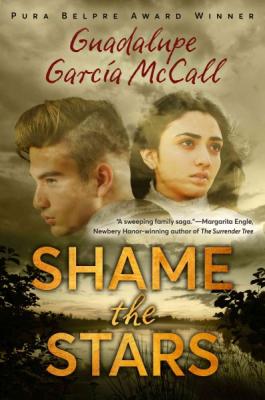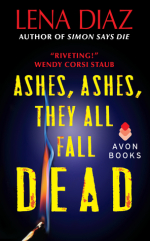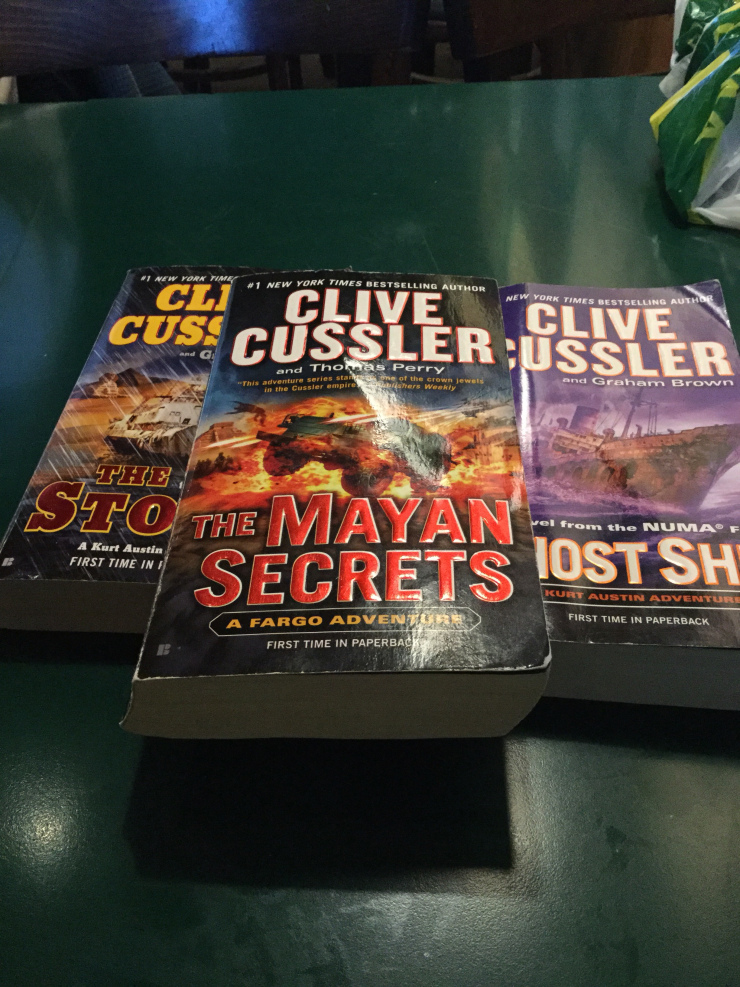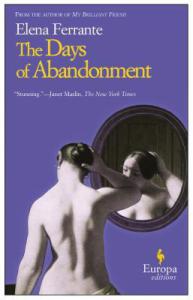 The Days of Abandonment
The Days of Abandonment
In my attempt to avoid the Neapolitan Quartet, I have now read two of Elena Ferrante’s novellas. (Last year I read The Lost Daughter.) I thought both were excellent books, but I might have to give the edge to The Days of Abandonment. Although both books ask questions about what it means to be a woman and a mother, The Lost Daughter focuses more on that front while The Days of Abandonment delves into the scary territory of being left alone unexpectedly by your partner; alone with your shock, anger, grief, and alone with your children and everything that needs to continue to get done despite the fact that you are falling apart. At times, it was physically painful to read this book, but oh so good.
The urgency I felt was different, the urgency was to understand. Why had he so casually thrown away fifteen years of feelings, emotions, love? He had taken for himself time, time, all the time of my life, only to toss it out with the carelessness of a whim. What an unjust, one-sided decision. To blow away the past as if it were a nasty insect that has landed on your hand. My past, not only his, ended up in the trash.
Visit Word by Word, JacquiWine’s Journal, and HeavenAli for more thorough reviews of The Days of Abandonment.
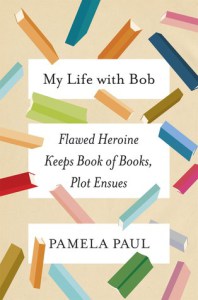 My Life with Bob by Pamela Paul
My Life with Bob by Pamela Paul
“Bob” is Pamela Paul’s book of books. And My Life with Bob is an account of her life told through the lens of the books she was reading; the books that helped to shape her life. Or maybe her life was shaped by the books she read? Each chapter of the book corresponds to a different phase of her life; each phase being defined or represented by one or more books. Before reading this, I didn’t know anything about the author, but I found this completely enjoyable. She’s not afraid to talk about herself and her life with a sense of humour; the good, the bad and the ugly.
Although my life experiences are very different from Pamela Paul’s there are many ways in which she thinks about life and books that feel familiar to me.
My sort wants the book in its entirety. We need to touch it, to examine the weight of its paper and the way text is laid out on the page. People like me open the books and inhale the binding, favoring the scents of certain glues over others, breathing them in like incense even as the chemicals poison our brains. We consume them.
We want an unreasonable number of books and we don’t like to throw them away. Some of us develop an almost hoardish fear around letting go of a book, even after it’s been read and reread.
Obviously, I want the books I intend to read, but I also want the ones that I don’t intend to read but think someone else I know might. Some books i may want to check back in on occasionally and I worry when they can’t be found. Some books I need to have around “just in case.”
There’s always room for more books, even though I’ve barely dented the piles I already have.
This is every reader’s catch-22: the more you read, the more you realize you haven’t read; the more you yearn to read more, the more you understand that you have, in fact, read nothing.
It’s about experiencing something I would otherwise never have the chance of experiencing.
Reading may be solitary, but in the aggregate books unite us.
Rebecca at BookishBeck has declared this her “new favorite bibliomemoir”.
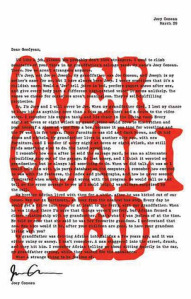 Overqualified by Joey Comeau
Overqualified by Joey Comeau
This book is made up of a series of cover letters. But not just ordinary cover letters, because that would be boring. And useless. Because aren’t cover letters just made up of a bunch of embellishments that you know the employer wants to hear? Well, not Joey’s cover letters… he’s decided to tell the truth. He writes about his childhood, his brother, impolite jokes, and sexual fantasies. His letters are often related, at least indirectly, to the job or company he is applying to. And in a way, by reading them all in a row, they tell a little of story about Joey’s life.
I feel weird writing this, I guess, but what if we die and nobody remembers those parts of us? What if all that’s left is the censored version?
This book is hard to describe. You just have to read it for yourself. It will only take about an hour. He has a new book coming out that I’m looking forward to called Malagash – set in Malagash, Nova Scotia.
Review in the Quill & Quire : “There is much frustration in these letters – born of capitalism’s absurdities and of personal calamities – but there is also humour, compassion, and joy.”
 Shot-Blue by Jesse Ruddock
Shot-Blue by Jesse Ruddock
I had no idea what to expect from this book, but found the description of a mother and son living up North, doing what they must to survive, appealing. Shot-Blue is not a plot-filled page-turner, but has a slow, dreamy feel to it, with poetic prose.
Tristan put his head against his mother’s arm. She was asleep, so he tried to fall asleep too. He wanted to sit beside her where she was sitting. He would walk beside her if she were walking. He would wade out if she were in the water. He curled against her like a stray animal.
In only 215 pages, Ruddock creates complex characters that are felt rather than understood. Sad, lonely, even desperate, they all feel as though they need more love/friends/human connections in their lives.
At only 11 years old, Tristan finds himself alone in the isolated north, having to count on people he doesn’t know very well. He keeps to himself and rarely speaks. When befriended by a girl a few years later, he wants nothing to do with her at first, until she gives up on him, leaving him unexpectedly longing for her company.
It was about surviving time, being together and not alone.
The appeal in this story for me was not knowing what was going to happen to Tristan after his mother is gone. The cast of characters and their interactions (or lack of) kept the story interesting. But I felt like the end left me hanging a little too much.
Favourite lines:
It had a front door the colour of forget-me-nots, those timid flowers that spread like loneliness and took over everything…
She liked the sound of their ten thousand leaves in autumn shushing the sky. [Birch trees]
Review at The Globe and Mail – “It’s hardly a coincidence that notions of drowning run through the novel, the idea that people may be forever trapped in their own unfathomable depths, forever in darkness to the people around them.”
Review at The Rusty Toque – “Jesse Ruddock’s powerful debut, Shot-Blue, is at once charged with lyrical energy and grounded in a complex, human understanding of trauma, desire and loss.“\
Review at the Quill & Quire – “Shot-Blue is very serious, self-aware, and literary. It never seems to land anywhere in particular, preferring to float slowly and poetically along. The author is talented, with a penchant for paradox and a yen for examining the backward logic that guides our daily anxieties.“
Advertisements Share this:
